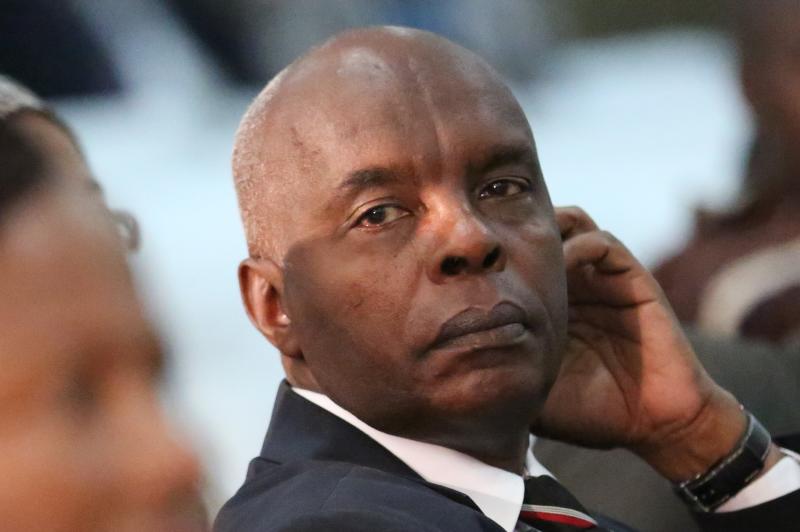×
The Standard e-Paper
Home To Bold Columnists

Judges rule there is likelihood of issuing conflicting decisions that may cause confusion on what should happen.
Makueni Governor Kivutha Kibwana and two counties yesterday suffered a major setback in their push for interpretation on whether the government can push for constitutional change and if devolved units can amend the Bill on the same.